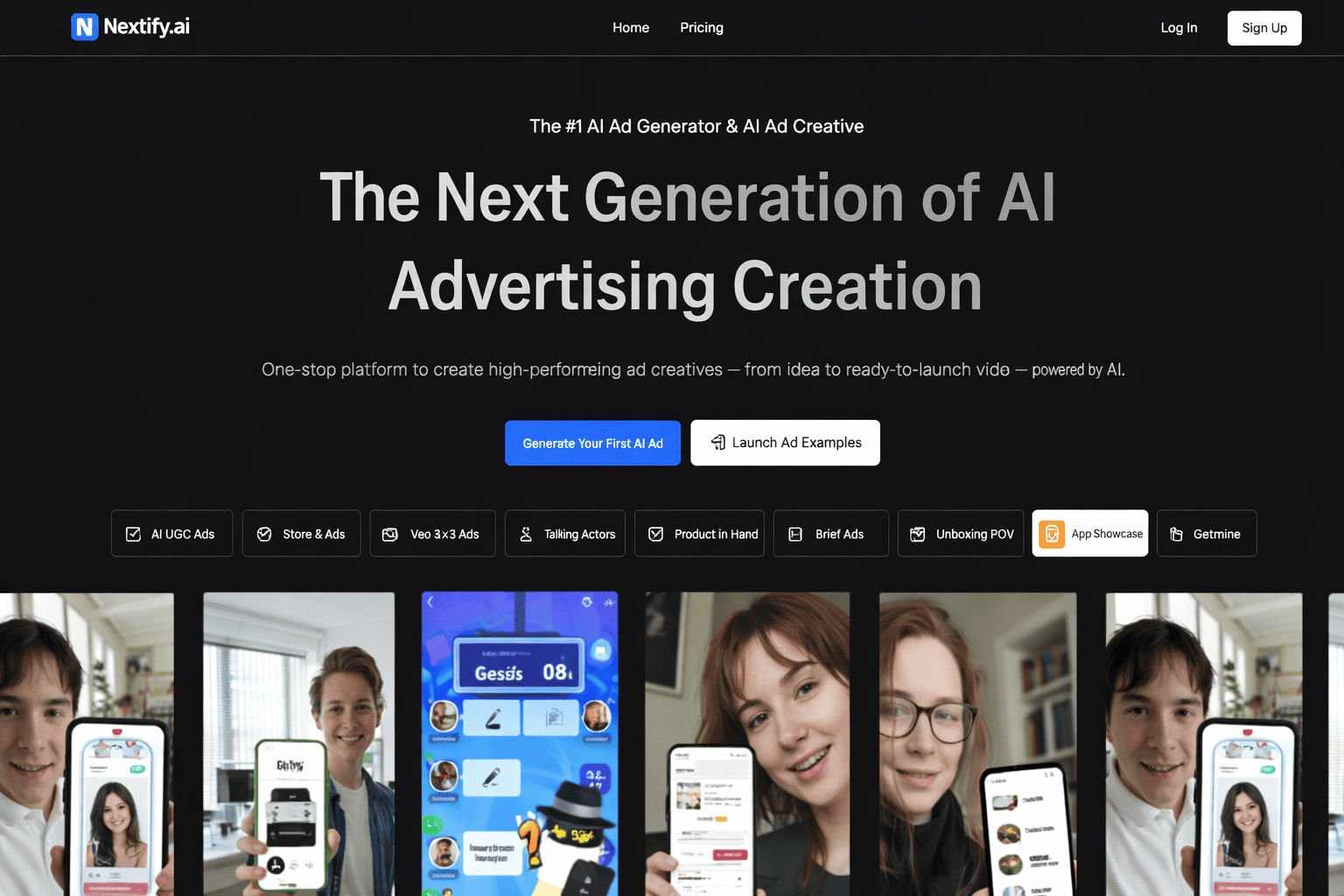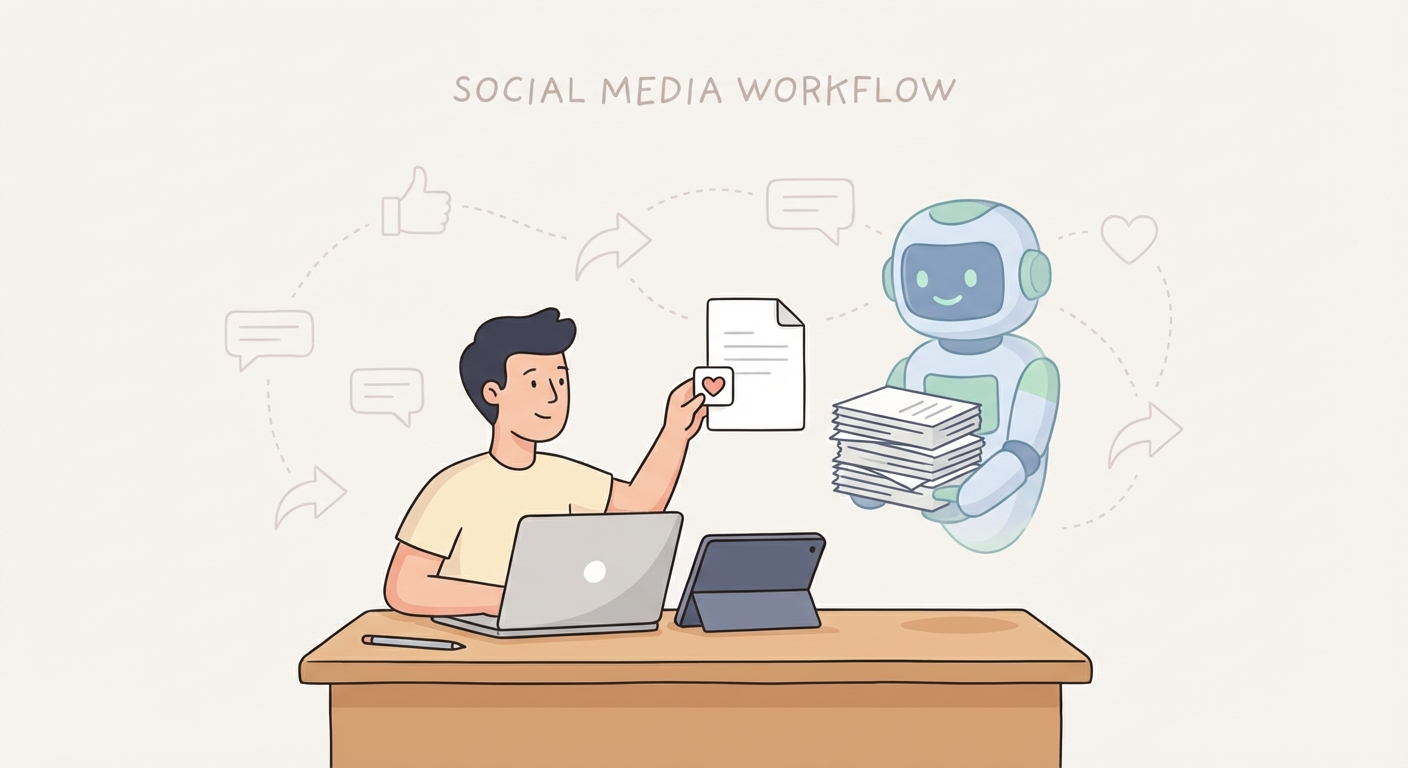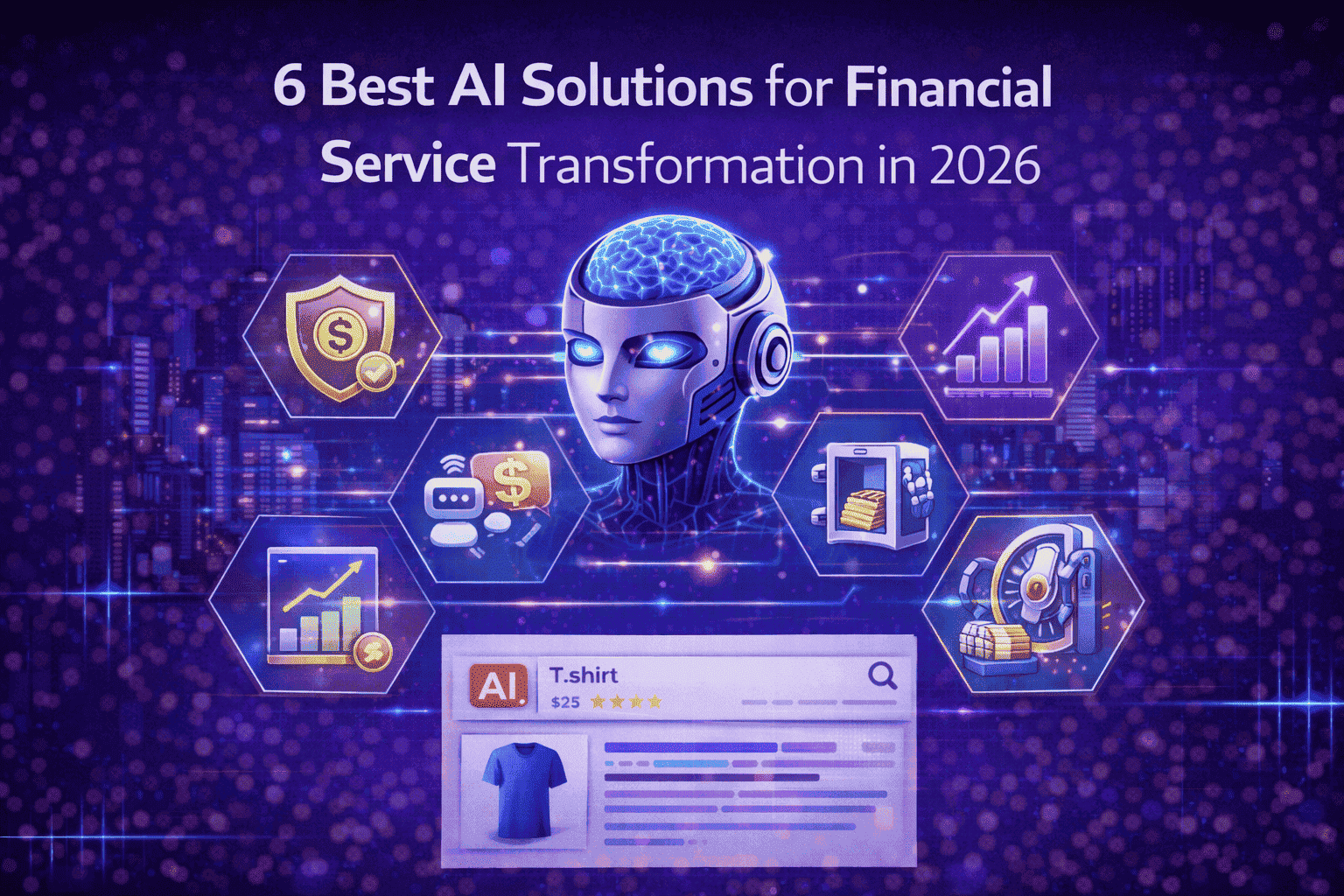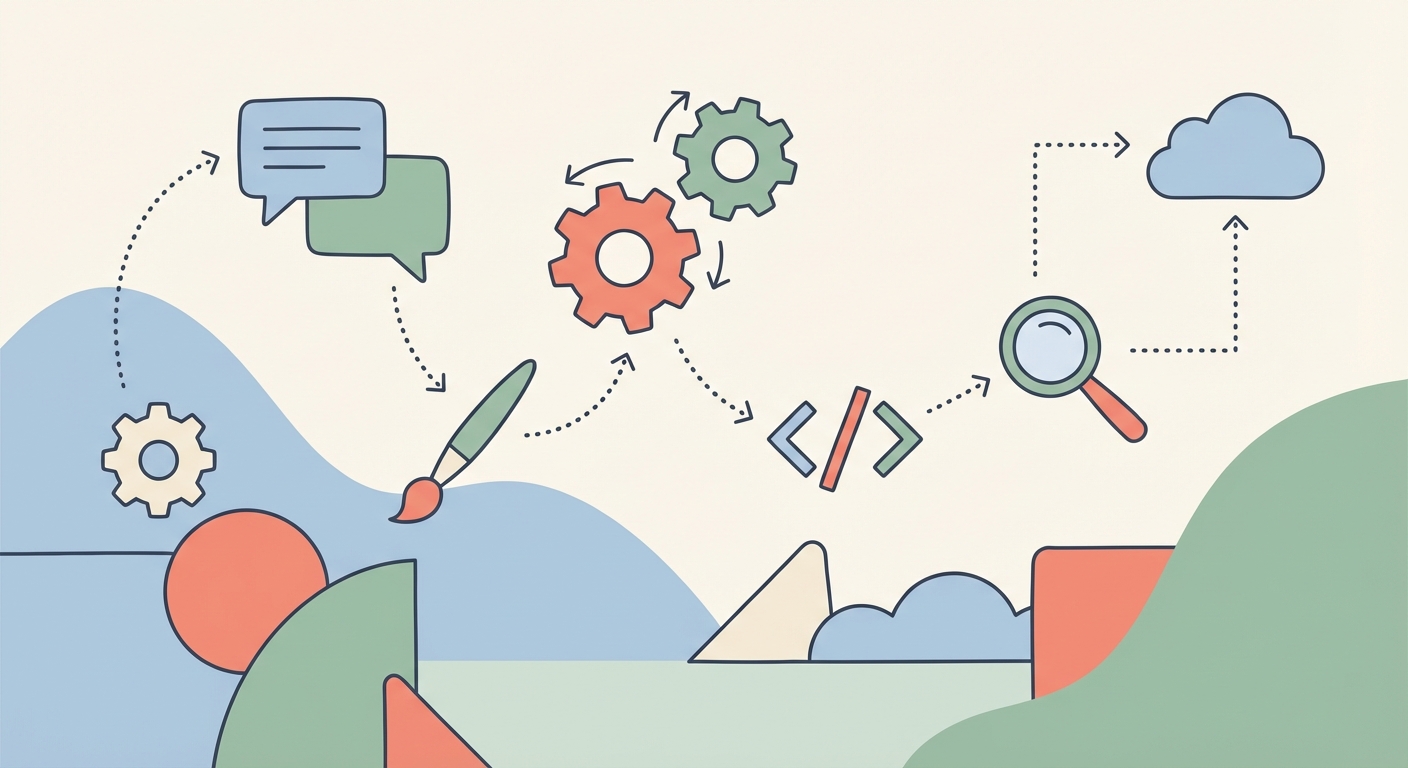The Future Role of AI in Education by 2025
TL;DR
- This article explore the transformative role ai is playing in education, especially by 2025. It covers personalized learning experiences, the evolving role of teachers, smart learning environments, and data-driven decision-making. Also, it addresses assessment revolution and how education is preparing students for a future workforce, offering a great view on how ai is changing how we learn and teach.
AI-Powered Personalized Learning: Tailoring Education to the Individual
Alright, let's dive into how ai is makin' education way more personal. Remember those days of tryin' to cram yourself into the same mold as everyone else in class? Yeah, ai is changing that, hopefully forever. The traditional "one-size-fits-all" approach often left advanced students bored and struggling students feeling lost, leading to disengagement and missed learning opportunities for everyone.
We're talkin' about a shift from that old approach to something way more adaptable. ai has the potential to create learning experiences that are actually, like, tailored to you. (AI in Schools: Pros and Cons - College of Education | Illinois)
- Adaptive learning platforms are a big part of this. (7 Best Adaptive Learning Platforms in 2025 (Features, Benefits ...) They're like having a tutor that really gets you, figuring out what you know and where you're struggling.
- It's not just about knowing the material, either; it's about how you learn best. ai can analyze your learning patterns and adjust things accordingly, which is pretty cool. (39 Examples of Artificial Intelligence in Education)
This means each student gets exactly what they need, when they need it.
- A student struggling with fractions gets extra visual examples and step-by-step guidance through intelligent tutoring systems.
- An advanced learner automatically receives challenging problems to stay engaged via adaptive learning platforms.
- English language learners get vocabulary support built into every assignment using ai tools.
- Student with learning disabilities access content through their preferred format with ai assistance.
Of course, there are challenges to iron out. This includes careful planning, like integrating new AI platforms with existing Learning Management Systems (LMS), and ensuring these ai tools actually jive with existing systems. We need to be careful about implementation.
But the potential here is huge. Next up, we'll see how ai is changing the role of teachers themselves.
The Evolving Role of Educators: From Sage to Guide
Okay, so, educators, huh? It's not just about standin' in front of a class anymore, is it? It's kinda wild how much the entire game is shifting.
Thing is, ai isn't gonna replace teachers—at least, not in any meaningful way. What it will do is offload the boring stuff, the repetitive tasks that eat up all their time. I'm talkin' grading endless quizzes through automated scoring, creating basic lesson plans with AI-generated templates... the stuff that doesn't actually involve connectin' with students.
That frees them up to, y'know, actually teach. To mentor, facilitate discussions, and basically be the cool, wise guide every student secretly wants. This shift, from knowledge transmission to facilitation, is kinda huge. It's like movin' from bein' a human textbook to bein' a personalized learning sherpa.
We're talkin' about focusing on the uniquely human stuff. The skills ai can't (yet) replicate. Like:
- Critical thinking: Goin' beyond just regurgitating facts. It's about analyzin', evaluatin', and formin' your own opinions. AI can provide diverse perspectives and data for analysis, challenging students to form their own informed opinions.
- Creativity: Comin' up with original ideas, solvin' problems in new ways, and, honestly, just bein' imaginative.
- Social-emotional learning (sel): Understandin' yourself and others, managin' emotions, and buildin' healthy relationships.
These are the things that'll matter most in the ai age.
Think of ai as a diagnostic tool. A super-powered assistant that can instantly identify where students are stumblin'. Instead of waitin' for test results, teachers get real-time insights into each student's understandin'. This data-driven approach allows for adjusting instruction "on the fly."
It's all about spotin' those misconceptions early and addressin' them before they become bigger problems. This helps teachers with data analytics in the classroom.
Let's bring this home for marketers and content creators. Imagine these educators:
- The Marketing Professor: Uses ai to instantly analyze student campaign performance, identifying common errors in strategy or execution, then guides students on refining their approach.
- The Design Instructor: Employs ai-powered tools to assess student designs, providing immediate feedback on composition, color theory, and typography, allowing for more time spent on creative concept development.
- The Communications Coach: Integrates ai to evaluate student presentations, offering insights into delivery, clarity, and audience engagement, enabling personalized coaching on communication skills.
These examples show how ai can help teachers focus on the human elements of creativity and communication.
So, what's next? Well, teachers need to actually learn how to use these new tools. And that's a whole other story.
Smart Learning Environments: Transforming the Classroom Experience
Smart learning environments? I'll be honest, that phrase used to make me think of some sterile, sci-fi classroom. Turns out, it's less about robots and more about using ai to make learning spaces that actually, like, work for students.
Thing is, learning isn't confined to four walls anymore. We're talkin' about hybrid learning - a mix of physical and virtual spaces, which is really cool, right? ai is makin' it all seamless, like a well-orchestrated dance.
- Think about it: a student starts a project in class, continues it on their tablet at home, and collaborates with classmates on a virtual whiteboard – all trackable by the teacher.
- It's not just k-12 either. Even corporate training is going hybrid, with employees accessing virtual simulations and on-demand courses alongside in-person workshops. AI can personalize the on-demand courses based on employee performance in simulations or identify knowledge gaps that need addressing in workshops.
And speaking of seamless, ai can track student progress across all these platforms. Teachers get a complete picture of engagement and performance, no matter where the learning happens.
Imagine a classroom that reacts to the students in it. That's the idea behind adaptive learning spaces.
- ai can optimize classroom conditions based on student attention levels. Maybe the lights dim a bit when focus starts to drift, or the temperature adjusts if things get too stuffy.
- Seating arrangements could even change on the fly, grouping students together for collaborative tasks or spreading them out for individual work. This could involve modular furniture that reconfigures, or smart desks that adjust positions based on AI prompts.
It sounds wild, but the impact of environmental factors on student performance is real. I mean, have you ever tried to focus in a freezing cold or super hot room? It's impossible!
ai isn't just about fancy tech; it's about making education inclusive. This is where the real magic happens, in my opinion.
- Think real-time transcription, language translation, and text-to-speech features.
- Visual recognition tools can even help students with visual impairments navigate the classroom and access materials.
It's about empowering all students to learn in new ways, regardless of their abilities. It's about time, honestly.
All this stuff might sound expensive and complicated, but it doesn't have to be. Schools don't need to build a supercomputer to get in on this, y'know?
Cloud-based ai solutions are making it easier than ever to create smart learning environments. Next up, we'll look at what schools need to know about infrastructure and implementation.
Data-Driven Decisions: Unleashing the Power of Learning Analytics
Data's the new oil, they say, but in education? It's more like a super-powered microscope, letting us peek into how students really learn. And honestly, it's about time we moved beyond just guessing.
We're talking about ditching the "gut feeling" approach, and instead, using actual data to make decisions. You know, like real scientists! It's a wild thought, I know.
- ai can sift through mountains of educational data, far more than any human could manage. ai tools aren’t just looking at test scores, it's tracking how long students spend on each problem, where they get stuck, and even their emotional state, which is pretty intense when you think about it.
- This processing power allows ai to spot trends and insights that would be invisible to us mere mortals. For instance, it could reveal that students consistently struggle with a particular module only when it's taught on a Monday morning. Whoa. This might suggest a need to re-evaluate teaching methods for that module, or perhaps consider student fatigue levels at the start of the week.
Imagine getting instant feedback on, well, everything. That's the promise of ai-driven learning analytics.
- ai assessment systems and intelligent tutoring are providing immediate insight into student understanding. It's like having a personal learning assistant that knows exactly when you're about to faceplant.
- These systems can also alert educators to students who are struggling, suggesting specific interventions. Think of it as a proactive rescue mission, before they fall too far behind.
But, here's the thing, with great power comes great responsibility, right? We're dealing with sensitive student data, so we gotta be careful.
- Protecting student data and ensuring algorithmic fairness isn't just a nice-to-have, it's essential. We're talkin' about maintaining transparency about how these decisions are made. This can be achieved by making algorithms understandable to educators, providing clear explanations to students and parents about data usage, or having review boards for AI decisions.
- Developing clear policies for data governance and ai ethics is paramount. No one wants an ai that's biased or creepy, I mean, seriously.
This whole data-driven thing only works if educators actually understand the data. It's like giving someone a fancy telescope without teaching them how to focus it.
- We need professional development programs and training on learning analytics so teachers can understand what the ai is telling them and how to act on those insights.
- Ultimately, it's about empowering teachers to make data-driven instructional decisions. It's about taking the guesswork out of teaching and focusing on what actually works.
So, what's next? Well, we need to make sure teachers have the skills to use these insights effectively. Otherwise, it's just fancy numbers on a screen.
Assessment Revolution: Reimagining How We Measure Student Success
Okay, so, standardized tests, huh? Are they really tellin' us what kids know, or just what they're good at memorizing? It's a question that's been bugging educators for ages, and ai might just have some answers.
Thing is, ai can look beyond just fill-in-the-blanks. It can actually get a sense of how students think, how they approach problems, which, honestly, is way more useful than just regurgitating facts.
- ai powered assessment isn't just about givin' a grade—it's about getting insights. It can track a student's progress over time, see where they're consistently struggling, and then, y'know, actually do something about it, like providing targeted interventions or adjusting future instruction.
- Think about measuring skills that aren't so easy to quantify, like problem-solving or creativity. ai can analyze student work in a way that goes way beyond simple right or wrong answers. Seriously, it's next level.
- this shift isn't just about gettin' better grades, either. it's about preparin' students for the real world, where you need to think on your feet and come up with creative solutions, not just bubble in the correct answer.
ai-powered formative assessment is where things get really interesting. It's about makin' assessment a part of the learnin' process, not just somethin' you do at the end.
- Imagine getting real-time feedback as your learning. ai tutoring systems can spot where you're stumblin' and give you targeted help, right when you need it. These systems give immediate feedback and adjust instruction "on the fly."
- This whole thing is about makin' assessment less of a stressful event and more of a continuous cycle of learning and growth. It's about spoting those misconceptions early and addressin' them before they become bigger problems.
So, what's next? We'll see how ai is helpin' us teach those 21st-century skills, like creativity and collaboration.
Preparing Students for Tomorrow's AI-Driven Workforce
Alright, so, future jobs, huh? Are we all gonna be replaced by robots, or what? Nah, probably not entirely, but things are gonna change, and education needs to keep up.
Thing is, it's not just about learning facts anymore; it's about those squishy, human skills that ai can't (yet) replicate, and that's where we gotta start focusin' our efforts.
You know, the world economic forum (wef) says the top skills for 2025 are stuff like analytical thinking, problem-solving, and creativity - the kind of stuff that even the smartest ai can't quite nail. So it's not just about coding; it's about how you think.
- analytical thinking and innovation: you gotta be able to look at problems in fresh ways, not just follow a script, which is, honestly, what ai does.
- active learning and learning strategies: teaching yourself new stuff will be key, 'cause the world keeps changin', right? Gotta be adaptable with the tools we have at hand. AI tools can facilitate active learning by providing personalized learning paths, recommending resources based on individual progress, or offering interactive simulations.
- complex problem-solving: this is where you take all those facts and actually do something with them. ai can give you answers, but you gotta figure out the right questions. Educators can foster this skill through guided inquiry-based learning, scenario analysis, or by encouraging students to critically evaluate AI-generated information.
- critical thinking and analysis: goin' beyond just regurgitating facts. It's about analyzin', evaluatin', and formin' your own opinions. AI can provide diverse perspectives and data for analysis, challenging students to form their own informed opinions.
The world's gettin' smaller, and problems are gettin' bigger, so we gotta teach kids to work with people from all over, and that means, like, understandin' different cultures and viewpoints.
- Virtual exchange programs are a start, letting students connect with peers across the globe.
- ai-powered translation tools, while not perfect, can help bridge language gaps, making collaboration easier.
- It's about workin' together on those big, messy problems that affect everyone, not just your neighborhood, you know?
The biggest thing? Teachin' kids that learnin' is a forever thing, and that means helpin' them become self-directed and passionate about, well, somethin'. AI can support lifelong learning by providing access to vast amounts of information, personalized learning recommendations, or tools for continuous skill development.
- Personalizing learning paths can help them dive deeeeep into stuff they actually care about.
- And fosterin' those human skills – communication, empathy, you know, the stuff that makes us human – is crucial.
Honestly, it's about makin' sure students are ready for a world that's always changin', and that means teachin' them how to change with it.




